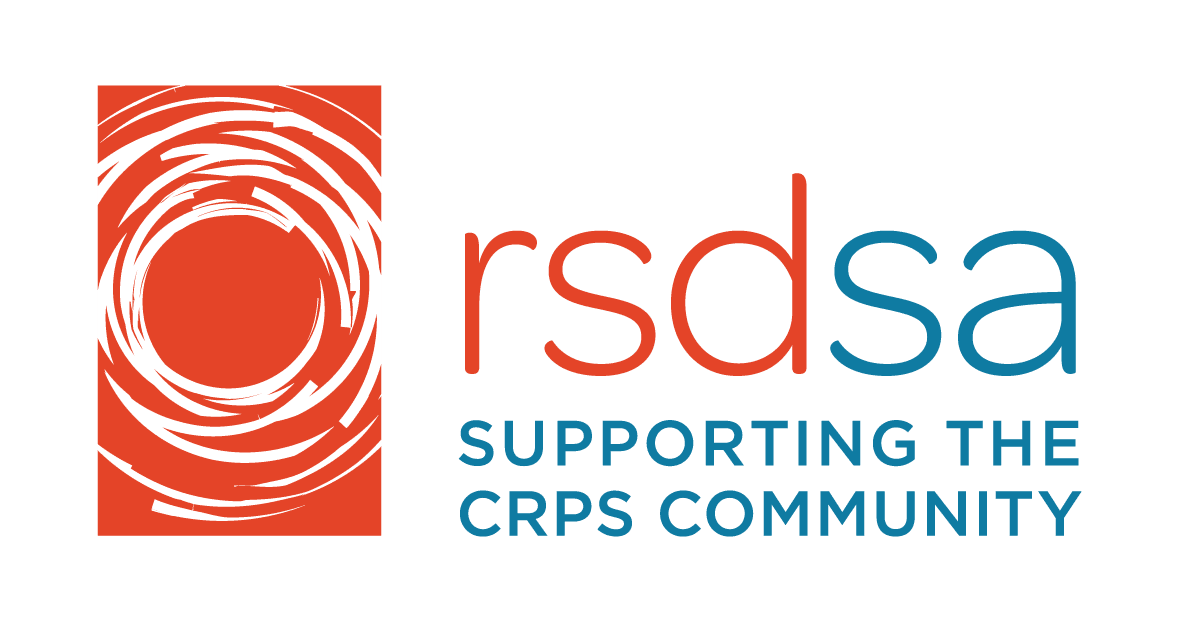To our friends and colleagues in the CRPS Community, those in the wider Rare Disease Community and to the Representatives and Senators of Congress who are concerned for the welfare of people who suffer rare diseases:
The Reflex Sympathetic Dystrophy Syndrome Association (RSDSA) represents the interests of people with Complex Regional Pain Syndrome (CRPS). Pursuant to its mission of support, advocacy, education, and research, RSDSA seeks to promote safe and effective treatments for CRPS and to advocate for insurance coverage for such treatments. Therefore, RSDSA is encouraged by two pieces of proposed legislation, the Protect Rare Act, which mandates insurance coverage for FDA-approved treatments for rare and life-threatening diseases, and the Promising Pathways Act 2.0 (PPA2.0), which amends Title 21 to provide for time-limited FDA approval of treatments for rare and life-threatening diseases, which have phase 1 evidence of safety, complete or ongoing phase 2 evidence of safety and a minimum of pilot (probable) evidence of efficacy.
RSDSA supports both bills in principle. RSDSA holds that our concerns over the weaknesses of these bills can be resolved. RSDSA is concerned by the disagreement that has arisen between Senator Braun’s office, a sponsor of PPA2.0, and the National Organization of Rare Diseases (NORD). NORD opposes some features of PPA2.0, and, therefore, its passage. RSDSA contends that a cooperative, conciliatory resolution to any conflict is possible. NORD has been a steadfast and respected leader of the rare disease community, and its concerns must be considered seriously.
RSDSA’s concerns with Protect Rare and PPA2.0 are twofold:
First: Both Protect Rare and PPA2.0 mandate insurance coverage for FDA-approved treatments. On the other hand, rare diseases are often treated with treatments off-label. Ketamine is a particularly important example of a drug that is approved by the FDA, but not for CRPS. Protect Rare specifies “approved” treatments only. The wording of PPA2.0 is ambiguous, but a reasonable interpretation of the text indicates that only new drugs are eligible for the time-limited approval that PPA2.0 provides. Neither Protect Rare nor PPA2.0 provide a mechanism to repurpose and relabel ketamine (or any other treatment for any rare or life-threatening disease) to mandate insurance coverage.
A resolution to this concern would be the deletion of the word “new” [drug] from the legislation, so that PPA2.0 provides a pathway for FDA approval of any drug, currently used off-label, for the treatment of CRPS (or any rare disease). Consequently, the relabeling of such drugs would make them eligible for insurance coverage under Protect Rare.
Second: The limited evidence of safety and efficacy required for FDA approval of treatments under PPA2.0, a dispositive concern for NORD, can result in potential or real danger to patients and wasted time when ineffective treatments have not been properly, and repeatedly studied in scientifically robust trials.
A potential resolution of this concern lies in PPA2.0’s requirement that applicants for approval of a drug or device maintain a registry of patients receiving the treatment. This is an ideal application for artificial intelligence (AI), which continually monitors the registries (faster and probably more accurately than a human “patient safety committee”). Using a comprehensive set of outcome measures, AI monitors symptoms and signs of treatment response and adverse effects of the treatment. This real-time monitoring is inferior to evidence generated from randomized, controlled trials of safety and efficacy, but it may suffice.
RSDSA desires both approval of safe and effective treatments and mandated insurance coverage for them. RSDSA calls on all stakeholders in the rare disease community and Congress to come together to resolve differences and concerns to entail full, universal support of this groundbreaking legislation.
Sincerely,
Feel free to send any feedback on this topic to RSDSA directly via [email protected].
